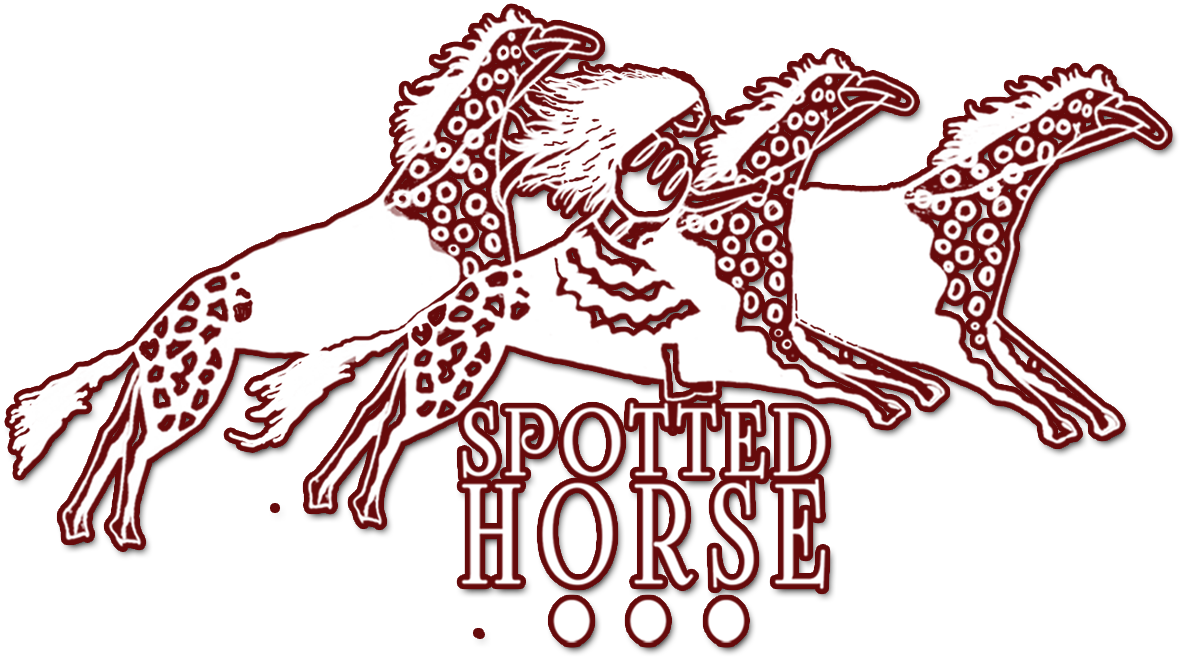Indigenous Food Sovereignty in the United States
Restoring Cultural Knowledge, Protecting Environments, and Regaining Health
Edited by Devon A. Mihesuah, Elizabeth Hoover, Foreword by Winona LaDuke
Centuries of colonization and other factors have disrupted indigenous communities’ ability to control their own food systems. This volume explores the meaning and importance of food sovereignty for Native peoples in the United States, and asks whether and how it might be achieved and sustained.
Unprecedented in its focus and scope, this collection addresses nearly every aspect of indigenous food sovereignty, from revitalizing ancestral gardens and traditional ways of hunting, gathering, and seed saving to the difficult realities of racism, treaty abrogation, tribal sociopolitical factionalism, and the entrenched beliefs that processed foods are superior to traditional tribal fare. The contributors include scholar-activists in the fields of ethnobotany, history, anthropology, nutrition, insect ecology, biology, marine environmentalism, and federal Indian law, as well as indigenous seed savers and keepers, cooks, farmers, spearfishers, and community activists. After identifying the challenges involved in revitalizing and maintaining traditional food systems, these writers offer advice and encouragement to those concerned about tribal health, environmental destruction, loss of species habitat, and governmental food control.
ABOUT THE AUTHOR
Devon A. Mihesuah, a member of the Choctaw Nation, is Cora Lee Beers Price Professor in International Cultural Understanding at the University of Kansas. She has served as Editor of the American Indian Quarterly and is the author of numerous award-winning books, including Choctaw Crime and Punishment, 1884–1887; American Indigenous Women: Decolonization, Empowerment, Activism; Recovering Our Ancestors' Gardens: Indigenous Recipes and Guide to Diet and Fitness; American Indians: Stereotypes and Realities; and Cultivating the Rosebuds: The Education of Women at the Cherokee Female Seminary, 1851–1909.
Elizabeth Hoover, Manning Associate Professor of American Studies at Brown University, is the author of articles about food sovereignty, environmental health, and environmental reproductive justice, as well as the book The River Is in Us: Fighting Toxics in a Mohawk Community. She is a board member of the Native American Food Sovereignty Alliance and of the Slow Food Turtle Island regional association and has worked with the Mohawk organization Kanenhi:io Ionkwaienthon:hakie.
Winona LaDuke, an Anishinaabe writer and economist from the White Earth reservation in Minnesota, is Executive Director of Honor the Earth, a national Native advocacy and environmental organization, and the author of numerous articles and books.
REVIEWS & PRAISE
“Return and recovery is very much at the heart of this volume. Indigenous food sovereignty argues for rooted and collective continuance. More than about development and conservation—or resilience even—it is about sacredness and intimacy, health and sovereignty, food and identity; and it comes from a place deep within.”—Virginia D. Nazarea, author of Heirloom Seeds and Their Keepers: Marginality and Memory in the Conservation of Biological Diversity
“The collective wisdom of Turtle Island’s indigenous peoples offered in Indigenous Food Sovereignty charts a course for decolonization and liberation—and a vision for a better food system and a just society.”—Eric Holt-Giménez, author of A Foodie’s Guide to Capitalism
“This thoughtfully curated collection of essays gives food scholars a vital window on the gorgeous and fierce resilience of indigenous food systems and the activists who work to preserve them against steep odds. It will shape the way we think about indigenous food systems for years to come.”—Amy Trauger, author of We Want to Live: Making Political Space for Food Sovereignty
BOOK INFORMATION
17 B&W ILLUS., 1 CHART, 4 TABLES
390 PAGES
PAPERBACK 978-0-8061-6321-5
PUBLISHED AUGUST 2019

